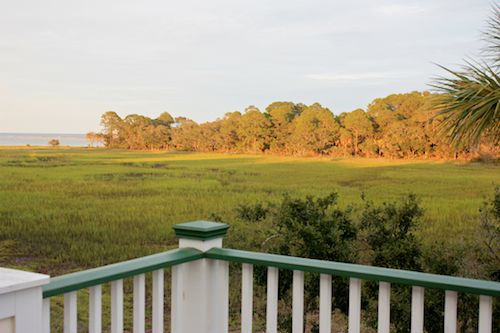Crow’s Nest: Beach reading
In addition to spending some time on the beach this summer with a good old-fashioned paperback novel, I read some nonfiction related to my interests in nature and community.

In the book trailer at Recycling Services Inc. earlier this summer I had picked up a fifty-cent copy of John McPhee’s 1971 book, Encounters with the Archdruid: Narratives about a conservationist and three of his natural enemies. I’ve read many of John McPhee’s books and have always enjoyed his relating of the cast of characters who inhabit the places he explores.
This book follows David Brower—former president of the Sierra Club and leading conservationist—and McPhee as they explore three natural landscapes with three other men who have different, frequently adversarial, views about those places.
With Charles Park, a mineral engineer who wants to ensure that our society can maintain its standard of living by extracting minerals—even from wilderness—Brower hikes in the Glacier Peak Wilderness in the Cascade Range. They spar over what is worth protecting—or not— but each man respects the other’s knowledge of the outdoors and they find some common ground.
Charles Fraser, an influential developer who built communities that capitalize on the natural beauty of their setting but who also lends the label “druids” for conservationists that appears in the book’s title—drives Brower and McPhee around Cumberland Island, Georgia after Fraser bought some of it and begins to plan how he would develop it. The island is among the most remote places on the East Coast of the U.S. and they discuss the mounting pressure to make it a unit of the National Park Service, protected as a National Seashore (as it is today). Even that limited recreational development makes the wilderness there different from when it was privately owned and mostly inaccessible to people. McPhee is there at the closing of that era and recognizes that things will change.
Brower had faced off with the Commissioner of the U.S. Bureau of Reclamation Floyd Dominy in hearings and in the public theater: Dominy was the great dam builder and Brower fought against them and won some major victories for free-flowing rivers. (But as McPhee points out, environmentalists’ victories are battles that often need to be won again and again—it takes only one action to destroy something and that threat can be renewed may times.) McPhee managed to get Brower and Dominy into an inflatable raft together going down the Colorado River through the Grand Canyon, and documented what happened over the next few days of camping and traversing rapids.
[By the way, I always wondered how McPhee manages to capture the detailed dialogue in his books. A recent NPR interview with Peter Heller (poet, adventurer), revealed the answer: Heller met McPhee at a wedding once and asked him how he did it. He said McPhee replied that he wrote it all down as it was happening, even while—as he is in this book—hiking, rafting, or riding off-road. If you wait until the end of the day, he said, you might get the story right but the words will be in your own voice, not that of the people who said them.]What struck me most about the people in this book is how, while arguing their different opinions, they remained civil to each other, respecting the other person and even enjoying each other’s company. It was a good read and a useful snapshot of conservation of the 1950’s and ‘60’s.
Posted by Daniel Barringer on August 23, 2012.
